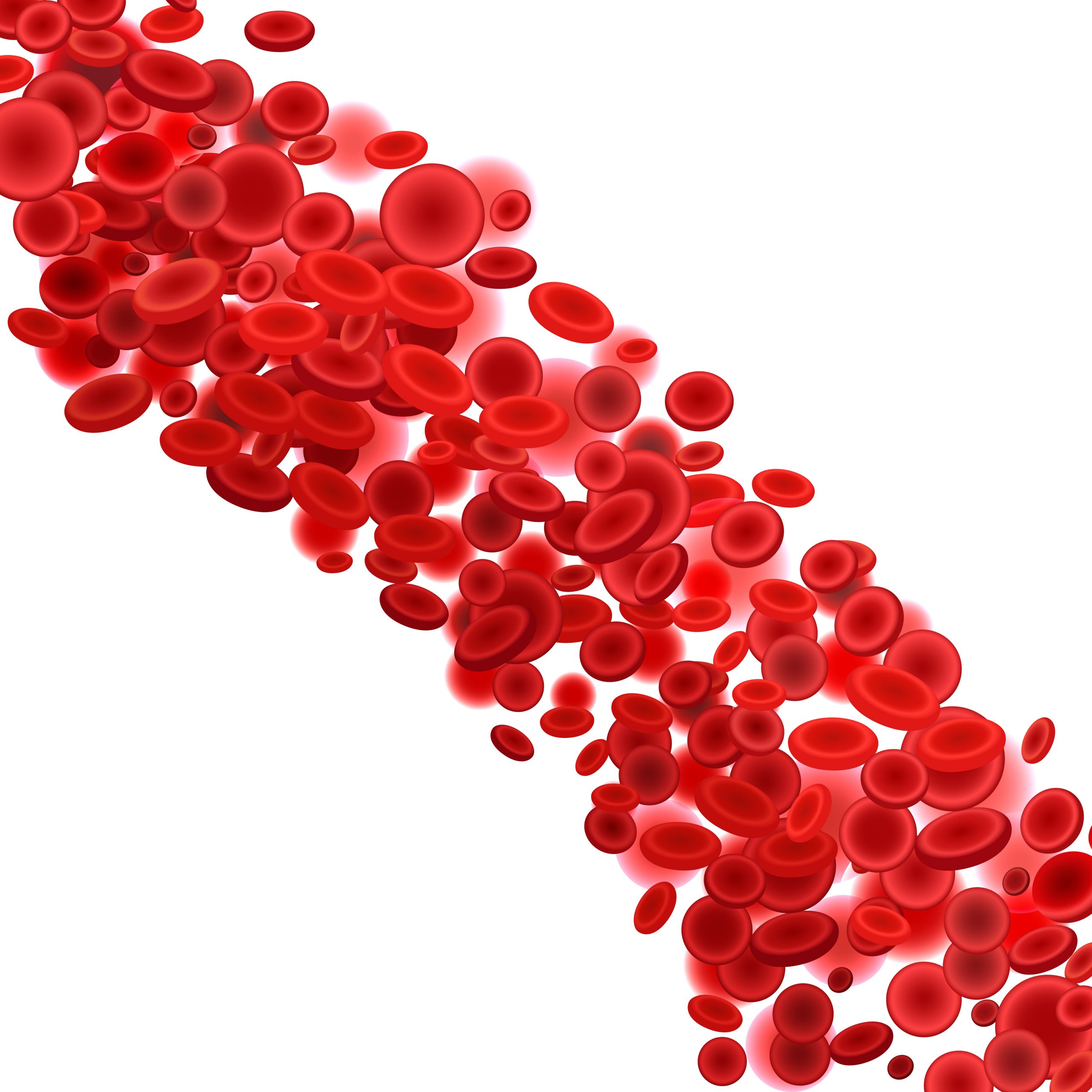

Surviving substantial blood loss following a catastrophic injury, such as a gunshot wound, has a 50% chance of success. A patient needs two things to happen fast in order to survive: a massive infusion of blood and coagulation at the site to halt the bleeding.
The issue is that one of these options precludes the other. Injecting a significant amount of blood into someone who is suffering from a severe hemorrhage inhibits the blood’s capacity to clot, a condition known as coagulopathy.
Tulane University researchers have now identified the source of coagulopathy in trauma patients getting blood infusions. They also discovered that dimethyl malonate, a synthetic molecule commonly used in perfume manufacture, has the capacity to reverse coagulopathy following a major hemorrhage. The findings are included in a new paper published in Science Advances.
“Coagulopathy of trauma is a major contributor to mortality, but no treatment has shown to be fully effective,” said Olan Jackson-Weaver, Ph.D., assistant professor of surgery at Tulane University School of Medicine and corresponding author on the study. “We were getting 60% mortality with our animal model. With dimethyl malonate, we got zero percent mortality, and the coagulopathy completely went away.”
As a result of gun violence, trauma is a primary cause of death in the United States, particularly among children and young adults.
According to recent research, coagulopathy during large hemorrhage treatment is most likely caused by the shedding of the glycocalyx, a sugar-based barrier that surrounds and protects cells. The glycocalyx coats the walls of blood vessels and keeps blood from clotting. This is the first study, however, to identify the biological mechanisms that lead the glycocalyx to be ripped apart.
The study discovered that when a person loses blood, his or her cells lack the oxygen needed to digest succinate, a vital component of the cell’s energy-generating cycle. Because it cannot be digested, succinate accumulates. When a significant volume of blood is injected into a trauma patient, the succinate is digested too quickly, resulting in a change in the structure of the plasma membrane lipids. This exposes the glycocalyx, allowing enzymes to break it up and mix the shreds into the bloodstream, where they inhibit clotting.
“People have been trying to figure out ways to move the needle a little bit on the death rate from massive hemorrhage for the last 20 or so years and nothing has really worked,” Jackson-Weaver said. “We’re hopeful that understanding these cellular-level events can help to develop something that actually does make a big difference.”
Dimethyl malonate inhibited excessive cellular metabolism in animal studies, preventing the glycocalyx from shedding and causing coagulopathy.
However, Jackson-Weaver believes that additional research is needed to discover whether dimethyl malonate is safe for humans or whether a comparable medicine that targets cellular metabolism may be developed.
We’ve established this pathway that causes coagulopathy, so if we can target it therapeutically with a pre-hospital drug or injection, we can hopefully save some lives,” Jackson-Weaver said.
more recommended stories
 Red Blood Cells Improve Glucose Tolerance Under Hypoxia
Red Blood Cells Improve Glucose Tolerance Under HypoxiaKey Takeaways for Clinicians Chronic hypoxia.
 Nanoplastics in Brain Tissue and Neurological Risk
Nanoplastics in Brain Tissue and Neurological RiskKey Takeaways for HCPs Nanoplastics are.
 AI Predicts Chronic GVHD Risk After Stem Cell Transplant
AI Predicts Chronic GVHD Risk After Stem Cell TransplantKey Takeaways A new AI-driven tool,.
 Red Meat Consumption Linked to Higher Diabetes Odds
Red Meat Consumption Linked to Higher Diabetes OddsKey Takeaways Higher intake of total,.
 Pediatric Crohn’s Disease Microbial Signature Identified
Pediatric Crohn’s Disease Microbial Signature IdentifiedKey Points at a Glance NYU.
 Nanovaccine Design Boosts Immune Attack on HPV Tumors
Nanovaccine Design Boosts Immune Attack on HPV TumorsKey Highlights Reconfiguring peptide orientation significantly.
 High-Fat Diets Cause Damage to Metabolic Health
High-Fat Diets Cause Damage to Metabolic HealthKey Points Takeaways High-fat and ketogenic.
 Acute Ischemic Stroke: New Evidence for Neuroprotection
Acute Ischemic Stroke: New Evidence for NeuroprotectionKey Highlights A Phase III clinical.
 Statins Rarely Cause Side Effects, Large Trials Show
Statins Rarely Cause Side Effects, Large Trials ShowKey Points at a Glance Large.
 Anxiety Reduction and Emotional Support on Social Media
Anxiety Reduction and Emotional Support on Social MediaKey Summary Anxiety commonly begins in.

Leave a Comment